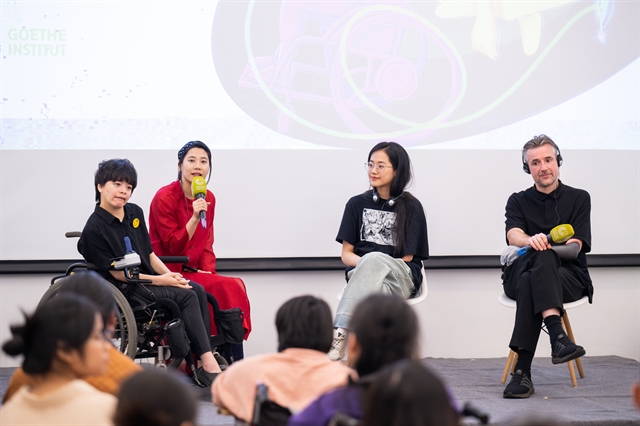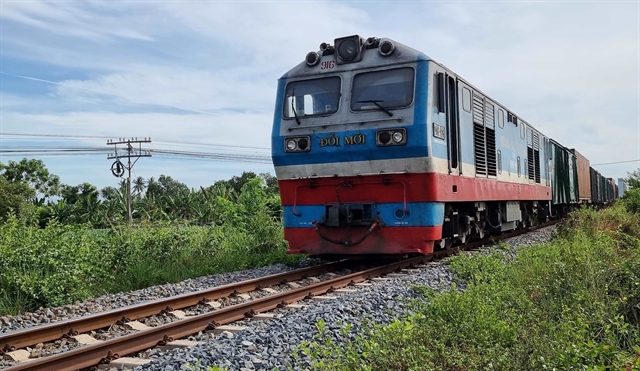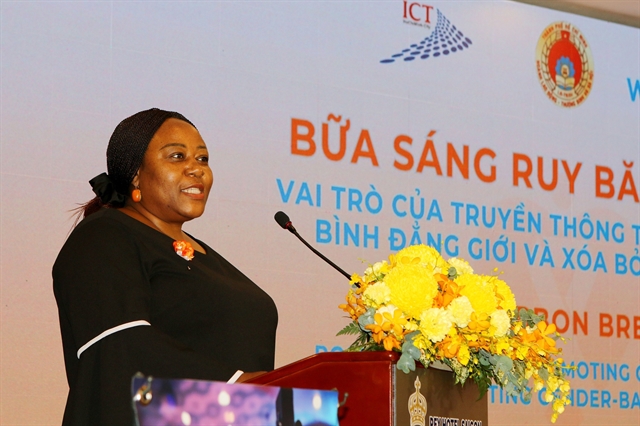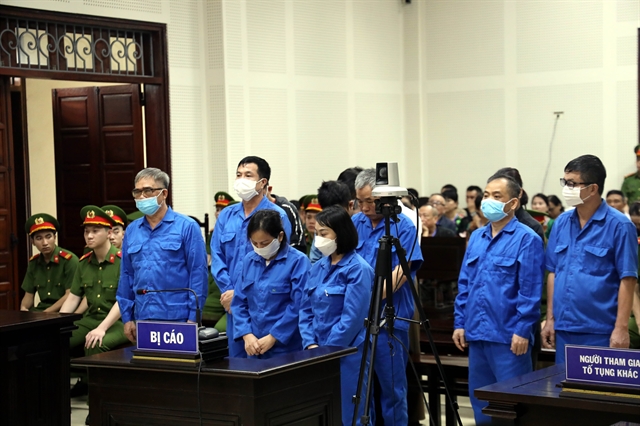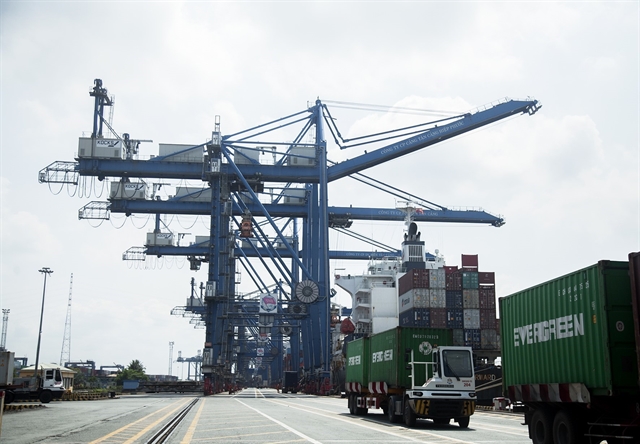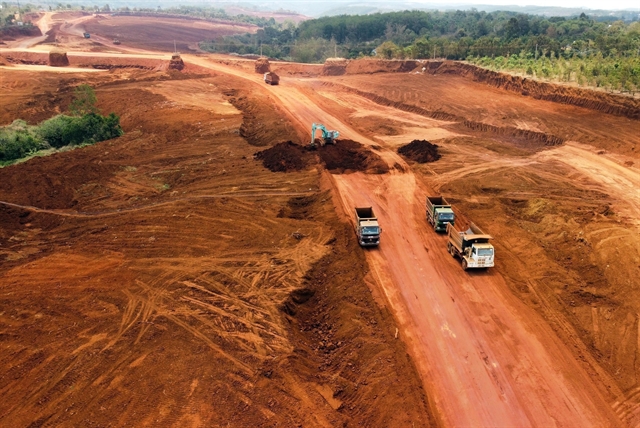 Society
Society
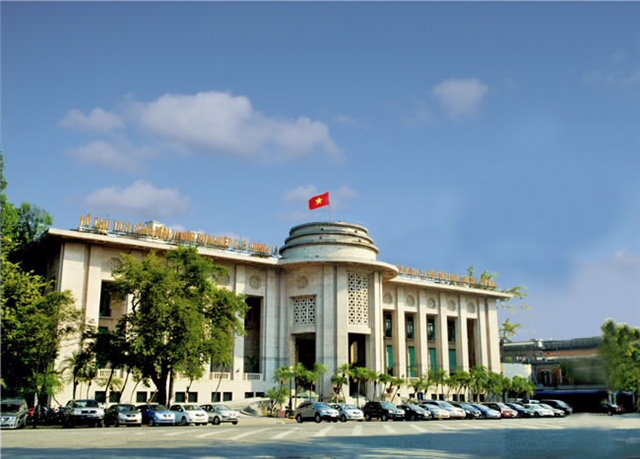
Survivors of human trafficking need a lot of support to help them reintegrate into the community, heard a conference held in Hà Nội yesterday to share experience in assisting the victims.
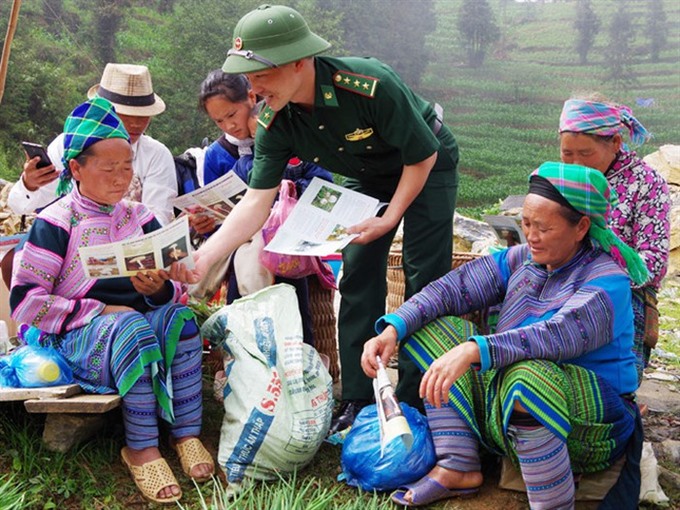 |
| Survivors of human trafficking need a lot of support to help them reintegrate into the community, heard a conference held in Hà Nội on Wednesday to share experience in assisting the victims. — Photo baodansinh.vn |
HÀ NỘI — Survivors of human trafficking need a lot of support to help them reintegrate into the community, heard a conference held in Hà Nội on Wednesday to share experience in assisting the victims.
Victims who managed to escape and return home need support in housing, healthcare, psychological consultancy and support, life skills, education, vocational training and other administrative and legal support services, according to participants.
Almost 7,000 people in Việt Nam fell victim to human trafficking from 2010 to the third quarter of 2018, according to the Ministry of Public Security.
Human trafficking was recorded in all localities and most victims were women and children. Trafficking of victims’ internal organs was also recorded.
Up to 85 per cent of human trafficking cases are cross-border, mostly at borders between Việt Nam and neighbouring countries of China, Cambodia and Laos. Of these, three quarters involved people being trafficked to China.
During 2012-17, of more than 3,000 victims, about 2,500 managed to escape and return home while the fates of more than 500 others remain unknown.
Deputy director of the Ministry of Labour, Invalids and Social Affairs’ Department for Prevention of Social Evils Lê Đức Hiền said most of the victims who returned home had suffered serious psychological and physical wounds.
Their health suffered because the victims were often forced to work, beaten and tortured, captured or suffered sexual abuse, he said.
The crimes not only affected the victims but also their families, he noted.
A number of models to support victims have been applied, helping them improve their health and economic status through healthcare services and credit support. Many victims have stabilised their lives after coming back and joined activities to help their peers.
The ‘Peace House Shelter Project’ of the Centre for Women and Development, for example, has proven effective in supporting trafficked women and children. Starting in 2007, the project has provided support to more than 350 human trafficking victims by supplying accommodation, medical and psychological care, education and job opportunities.
However, some participants also noted shortcomings in supporting victims. Most of the victims are uneducated and psychologically unstable, causing difficulties for officials in charge of supporting victims to provide them with consultancy.
In most localities, a shortage of staff involved in supporting the victims has also hindered the efforts, while services supporting victims are limited.
Many participants said the protection and support for victims needs co-ordination among agencies, sectors, localities and organisations to help trafficking victims access social support services.
Education and information dissemination about related laws as well as tactics employed to approach and lure victims by the criminals are needed to raise public awareness.
They also suggested providing training and sharing experience in receiving and supporting victims of human trafficking for officials working in this field and strengthening co-operation with other countries in dealing with human trafficking and in helping to return the victims. — VNS


